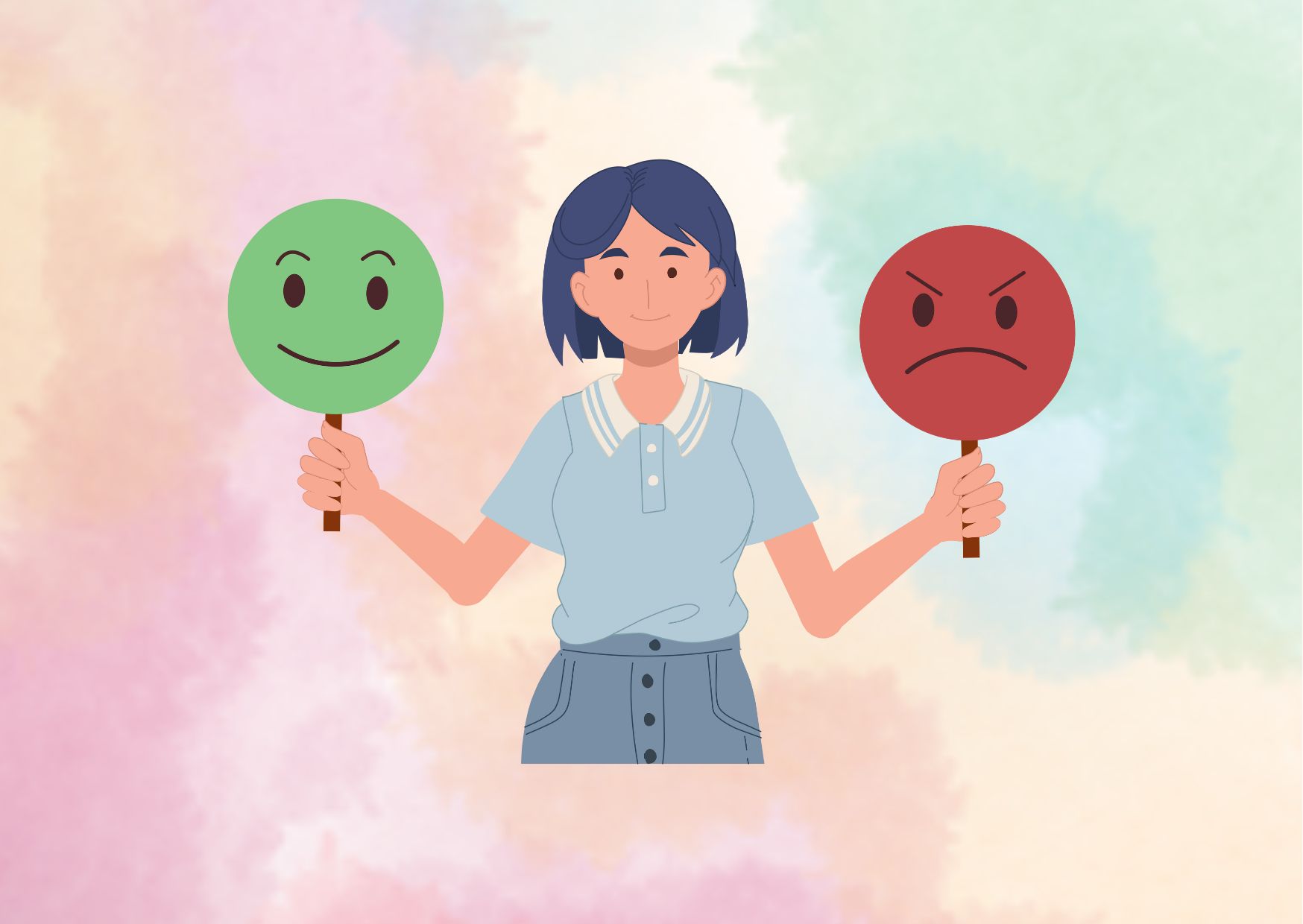- Fetal alcohol syndrome
- Disruptive mood dysregulation disorder (DMDD),
- Complicated PTSD (CPTSD)
A common aspect of DMDD (diagnosed in childhood), bipolar disorder, and BPD is emotional dysregulation, which is observed in many mental diseases. Although less noticeable, emotional regulation issues contribute to other mental health issues like anxiety disorders and serious depression.
What creates irrational emotional behavior?
Traumatized childhood
Because trauma alters the brain and nervous system, individuals with post-traumatic stress disorder (PTSD) frequently experience emotional dysregulation.
Healthy emotional regulation is a key early developmental milestone, according to 2014 Trusted Source research. The ability of a kid to form safe attachments, particularly with a caring adult but also with peers, has a significant impact on their emotional development.
In contrast, interpersonal trauma and post-traumatic stress disorder are linked to emotional dysregulation. Research from 2013 in particular demonstrates a clear connection between emotional dysregulation in BPD and childhood trauma from a primary caregiver.
Cognitive chemistry
Emotional dysregulation may also be influenced by brain chemistry. Neurotransmitters are well known for helping to control our emotions, impulsivity, and violence. In reality, studies have confirmed a connection between low serotonin levels, violence, and the inability to restrain one’s urges to do harm.
A biological propensity for emotional reactivity in people with emotional dysregulation may have been triggered or made worse by living in an environment that invalidates them, such as abuse or neglect throughout infancy.
Brain damage
Traumatic brain damage is also associated with emotional instability (TBI). Up to one-third of TBI victims have aggravating or new signs of anger, ranging from irritation to violent outbursts. TBI patients may sometimes suffer unexpected bursts of laughter or sobbing. Damage to the area of the brain that controls emotions is frequently the cause of these symptoms.
What causes emotional dysregulation?
One of the best techniques for addressing emotional dysregulation is dialectical behavioral therapy (DBT), a subtype of cognitive behavioral therapy (CBT).
This therapy, which was initially created to treat BPD, can assist you in discovering fresh methods for controlling your emotions, handling disagreements, and increasing your tolerance for uncomfortable emotions.
DBT has three main objectives:
- to increase emotional intelligence;
- to lessen emotional vulnerabilty;
- to lessen emotional pain
DBT employs mindfulness to assist in the development of emotional awareness and self-control. You come to understand that negative emotions are not always “bad” or something to be avoided, but rather a normal part of life. You may learn how to notice your feelings without letting them rule your life.
Guidelines for controlling your emotions
Your relationships, work, and general quality of life can all benefit from being able to control your emotions. Those with strong emotional control abilities have lower rates of depression and stress-related physical disorders, according to research from 2014Trusted Source.
You can do a number of things to strengthen your ability to control your emotions, including:
Remain focused
Learn to respond, not to react, is a saying you’ve probably heard before. This is a crucial piece of advice for managing your emotions.
When we have an unconsidered, unthinking reaction to something, our most harmful emotions come out. You may maintain control by being aware of your feelings, ideas, and actions.
Recognize your feelings
Get the skill of labeling your feelings as a continuation of remaining conscious. Use phrases like “I’m hurt and confused that she treated me like that” to be more precise. When our emotions are acknowledged and given names, they are less likely to control us without our consent.
Make the opposite move
With this DBT strategy, you effectively act in opposition to how you’re feeling. Really feeling anxious? Act assured. Afraid to death? Show courage. This aids in reminding you that you finally have power and that your feelings aren’t fixed in stone.
Routine exercise
Strong emotions might make us feel as though our body are being filled with a lot of energy. Going for a run or engaging in another activity you enjoy could help you let out any pent-up frustration or anger in a healthy way. After that, you’ll probably feel lot better.
Avoid putting things off.
Procrastination, according to ResearchTrusted Source, is a subpar attempt to control our emotional moods. We consciously avoid uncomfortable feelings when we put off starting a project, making a dreadful phone call, or doing the dishes when we procrastinate. But as we all know, putting off things causes guilt, which in turn makes stress worse. Starting straight away and taking frequent, brief breaks are the best strategies for beating procrastination.
Here is where you set better boundaries
With this limited series, you can learn more about setting boundaries in your relationships, being consistent, and leading an intentional life.
InquireTalk certified therapists who you can get in touch and book a therapy session with:
Sophie Barrett
Lynda Pabari
Nicola Keenan
